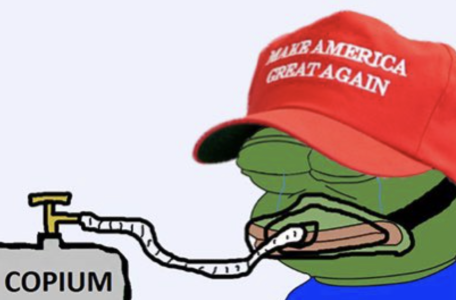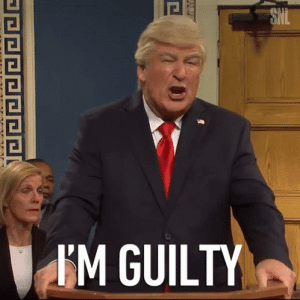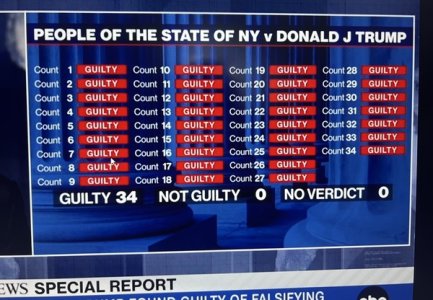- 9,253
- 3,007
- Joined
- Sep 10, 2005
100k people in the right place put him in office, most people that voted didn't want him to be president.
Stop acting like he has a mandate from the people.
And you're really trying to put the housing crisis just on Clinton. What garbage
He does have a mandate. He blew passed 270. And that popular vote number is mainly from California. Which she was ALWAYS going to win. Now if those votes were dispersed throughout the country you MIGHT be in the region of a valid point.


































